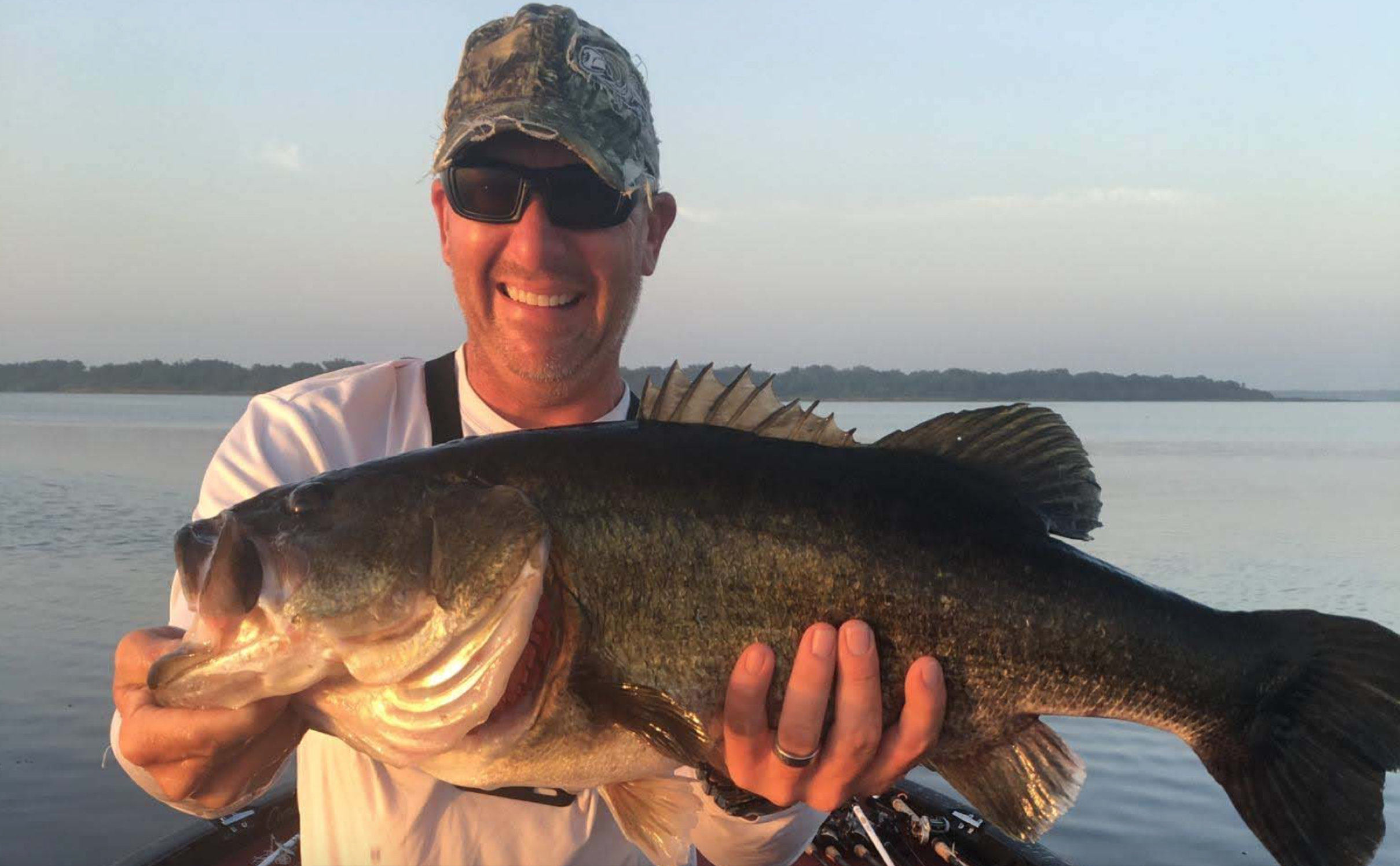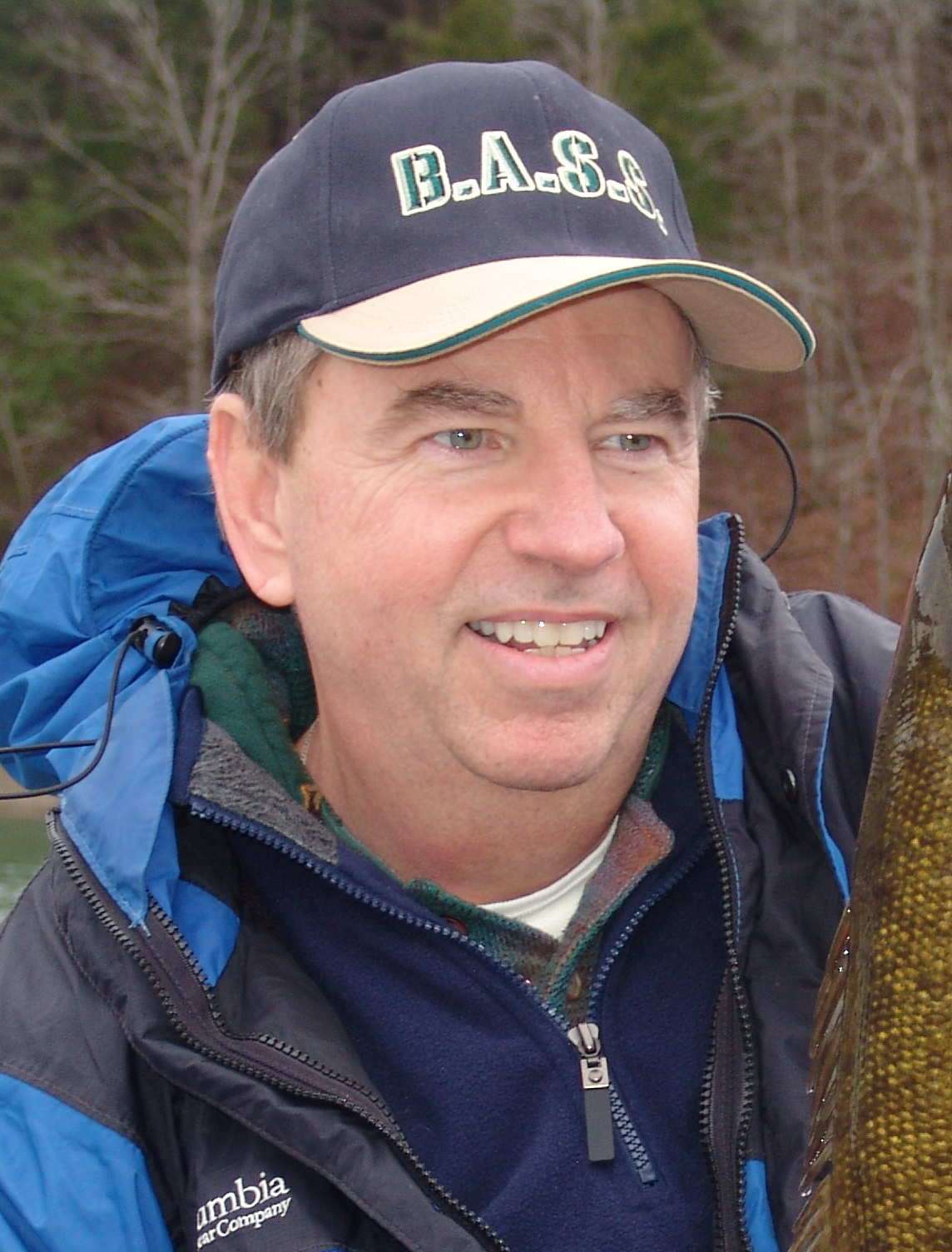
LAKELAND, Fla. — Florida’s new state conservation director, Jayson Hooven, faces a daunting challenge. As the B.A.S.S. member from Hudson stands as an advocate for bass anglers, he also must be a voice of reason, helping separate fact from fiction in the ongoing controversy regarding management of invasive aquatic plants with herbicides.
The possible cumulative effect that years of spraying hydrilla, water hyacinth and other fast-growing exotics is having on the environment and water quality is of growing concern.
“We want to highlight aquatic plant management and assist the state in finding new ways to control overgrowth without over-spraying or negative effects on our waterways and fisheries,” the Lakeland Bassmaster said in highlighting his objectives.
The plant management controversy has been fueled recently by an abundance of social media photos showing bass with sores.
But at a recent Technical Assistance Group (TAG) meeting, a staffer for the Florida Fish and Wildlife Conservation Commission (FWC) said that biologists could count on one hand the number of such fish that they see during electrofishing surveys, according to B.A.S.S. National Conservation Director Gene Gilliland. Also, he added, “Ramon Iglesias from Roland Martin Marina on Lake Okeechobee said they handled hundreds of fish last year and did not see many sores.”
Hooven hopes that being a member of this recently formed group that includes FWC staff, anglers and other stakeholders will help enable him “to relay accurate information to the anglers of Florida, instead of them having to rely on hearsay and gossip.
“I hope to have the lines of communication open so a dialogue can be had with state agencies such as FWC and South Florida Water Management, as well as the Army Corps of Engineers and anglers about the state’s plans and reasoning and anglers’ concerns,” he said, adding that Gilliland “gave me some great insight as to the importance of the position (state conservation director).”
That importance is reflected in the fact that Florida has more than 2.5 million acres of freshwater in its lakes, rivers, streams, canals and wetlands. By Florida state and rule, FWC is charged with designing, funding, coordinating and contracting control efforts for non-native aquatic plants in 1.25 million acres of public waters.
“Invasive non-native aquatic plants, mostly hydrilla, water hyacinth, and water lettuce, are managed in several hundred water bodies throughout Florida each year,” FWC said.
The new voice for Florida bass anglers on plant management, Hooven has been a B.A.S.S. member all of his adult life and said that he has been “an active member” for six years. His father, Jim, founded and led the Lakeland Bassmasters for years.
“I became tournament director for the draw tournaments for the Lakeland Bassmaster in 2019 and for 2020,” he explained. “I also took on the Team Trail.”
He and his wife, Kristina, have a daughter, Hayley, who is a college sophomore.
“Our lakes and fisheries get pressure 12 months a year, so we all need to be vigilant in making decisions to protect our waterways,” the Florida conservation director said.
“My goals include creating a Facebook page dedicated to Florida bass conservation.”
He also wants to “learn as much as possible from other conservation directors around the country so that I can make a positive difference in keeping our fisheries clean and productive.
“Florida is the bass fishing capital of the world, and we all need to work together to protect our resources.”





